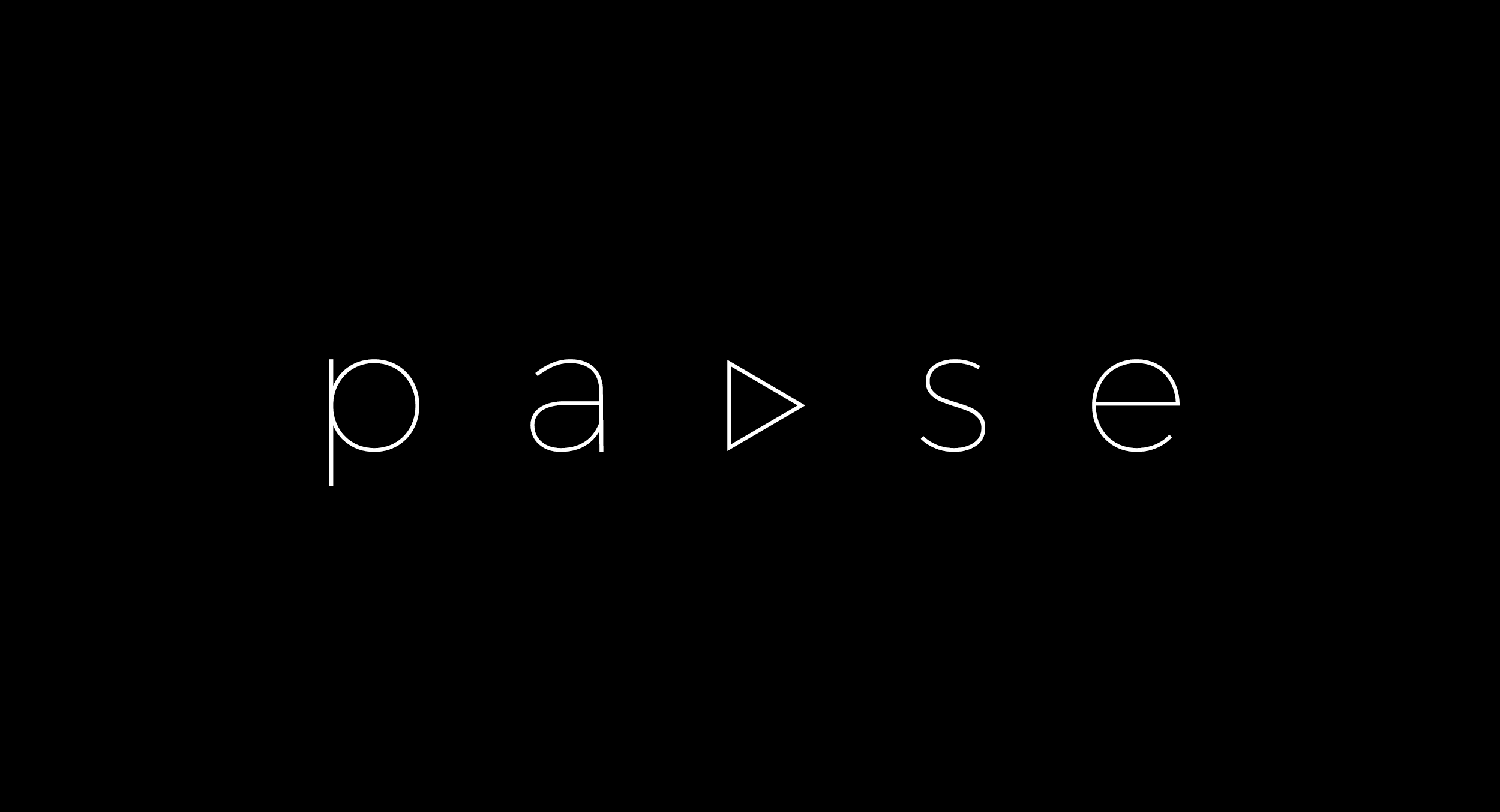Blog
https://information-warfare.com/the-fccs-oversight-gap-83785da7f754
https://information-warfare.com/the-failure-of-the-fcc-5d2c5a2feeae
- How the Federal Communications Commission Missed the Mark on Regulating the Internet and Safeguarding the Information Age.
The Role of the FCC in America: A Detailed Examination and How It Dropped the Ball on the Internet and Information Wave
How the Federal Communications Commission Missed the Mark on Regulating the Internet and Safeguarding the Information Age
The FCC’s struggle to keep up with the rapidly evolving media landscape, depicted by a traditional broadcast tower being overshadowed by a massive digital wave. The imagery captures the urgency and challenges faced by the FCC in the Information Age.
The Federal Communications Commission (FCC) plays a crucial role in regulating and overseeing communications in the United States, from traditional broadcasting to emerging technologies. However, as the media landscape has rapidly evolved, particularly with the rise of the internet and the proliferation of digital information, the FCC has faced criticism for not fully adapting to these changes. This article explores the FCC’s traditional responsibilities, its involvement in the internet and media regulation, and where it may have failed to effectively manage the challenges posed by the information wave.
The Role of the FCC: An Overview
The FCC is an independent government agency responsible for regulating interstate and international communications by radio, television, wire, satellite, and cable. Established by the Communications Act of 1934, the FCC’s mandate is to ensure that the American people have access to reliable, efficient, and reasonable communication services.
The FCC’s core functions include:
- Regulating Broadcast Media: The FCC licenses and oversees television and radio stations, ensuring they operate in the public interest, adhere to content standards, and provide a diverse range of programming.
- Promoting Competition: The FCC works to maintain competitive markets in telecommunications, preventing monopolistic practices and promoting innovation in the industry.
- Protecting Consumers: The FCC enforces rules that protect consumers from deceptive practices, ensures privacy, and addresses issues like robocalls and accessibility.
- Managing Spectrum: The FCC allocates the electromagnetic spectrum to prevent interference between different communication services, such as broadcasting, mobile communications, and satellite services.
- Ensuring Public Safety: The FCC plays a role in ensuring that communication systems are resilient and reliable during emergencies, including coordinating emergency alerts and protecting communication infrastructure.
The Rise of the Internet and the Information Wave
As the internet began to revolutionize how people access and share information, the media landscape underwent a profound transformation. Traditional broadcasting became only one part of a much larger ecosystem that included online news, social media, streaming services, and digital communication platforms. This shift, often referred to as the Information Wave, presented new challenges and opportunities for regulators like the FCC.
The Information Wave has led to an explosion of content and the democratization of information, where anyone with an internet connection can publish, share, and consume content. While this has brought many benefits, including greater access to diverse viewpoints and real-time information, it has also given rise to significant issues such as misinformation, disinformation, and the monopolization of digital platforms.
How the FCC Dropped the Ball on the Internet and Information Wave
Despite its critical role in communications regulation, the FCC has been criticized for not fully rising to the challenges posed by the internet and the Information Wave. Here’s how the FCC may have fallen short:
- Failure to Effectively Regulate Online Platforms
The FCC’s regulatory framework was designed for traditional media like radio and television, not the complex and rapidly evolving digital landscape. As a result, the FCC has had limited authority over internet content, leaving much of the regulation of online platforms to other agencies or the platforms themselves. This has led to:
- Misinformation and Disinformation Proliferation: Without robust oversight, social media platforms and online news sources have become breeding grounds for misinformation. The FCC’s lack of a proactive stance on digital content regulation has allowed false information to spread unchecked, contributing to public confusion and polarization.
- Unchecked Market Power: The FCC has not adequately addressed the monopolistic tendencies of major internet companies, which control vast amounts of data and influence the flow of information. The consolidation of power among a few tech giants has raised concerns about the lack of competition and the potential for these companies to manipulate information for profit or political gain.
- Erosion of Net Neutrality
One of the FCC’s most controversial decisions was the repeal of net neutrality rules in 2017. Net neutrality required internet service providers (ISPs) to treat all data on the internet equally, without favoring or blocking particular products or websites.
- Impact on Information Access: The repeal of net neutrality could potentially allow ISPs to prioritize certain content, giving an advantage to larger companies or specific viewpoints while disadvantaging smaller or independent voices. This could lead to a more controlled and less diverse internet, where the flow of information is influenced by commercial interests rather than public good.
- Insufficient Media Literacy and Public Education Initiatives
As the internet became the primary source of information for many people, the need for media literacy — teaching individuals how to critically evaluate information — became more important than ever. However, the FCC has not made significant strides in promoting media literacy or public education on navigating the digital information landscape.
- Vulnerability to Manipulation: Without strong media literacy programs, many Americans are more susceptible to misinformation and disinformation. The FCC’s failure to promote media literacy has left a gap in public understanding, making it easier for false information to spread and harder for individuals to discern credible sources.
- Allowing Media Consolidation
Over the years, the FCC has overseen significant consolidation in the media industry, where fewer companies control larger shares of the media market. This consolidation has extended into the digital space, with major corporations dominating both traditional and online media.
- Reduced Diversity of Voices: Media consolidation reduces the diversity of perspectives available to the public, limiting the range of viewpoints and information that people can access. The FCC’s role in allowing or not adequately regulating this consolidation has contributed to a media environment where fewer voices control the narrative, making it harder for independent or alternative viewpoints to gain traction.
- Inadequate Response to the Rise of Digital Propaganda
As digital platforms have become central to public discourse, they have also become tools for spreading propaganda and partisan content under the guise of news. The FCC’s regulatory focus has remained largely on traditional media, leaving a gap in addressing the influence of digital propaganda.
- Impact on Public Discourse: The rise of digital propaganda has further polarized public discourse, with individuals increasingly consuming information that reinforces their existing beliefs rather than engaging with diverse perspectives. The FCC’s lack of engagement with these issues has allowed this trend to grow, contributing to a more divided and less informed society.
Conclusion: The Need for a New Regulatory Approach
The FCC has played a crucial role in shaping the media landscape in the United States, but the challenges posed by the internet and the Information Wave have revealed significant gaps in its regulatory approach. To effectively address these challenges, the FCC and other regulatory bodies must adapt to the realities of the digital age, implementing new strategies to promote media diversity, protect consumers, and ensure that the flow of information serves the public interest.
As the media landscape continues to evolve, the FCC’s ability to regulate in a way that supports a free, fair, and open exchange of ideas will be critical to the health of American democracy. This will require not only revisiting outdated regulatory frameworks but also committing to a more proactive role in guiding the future of media in a way that benefits all Americans.




No Comments
Signup or login to leave a comment